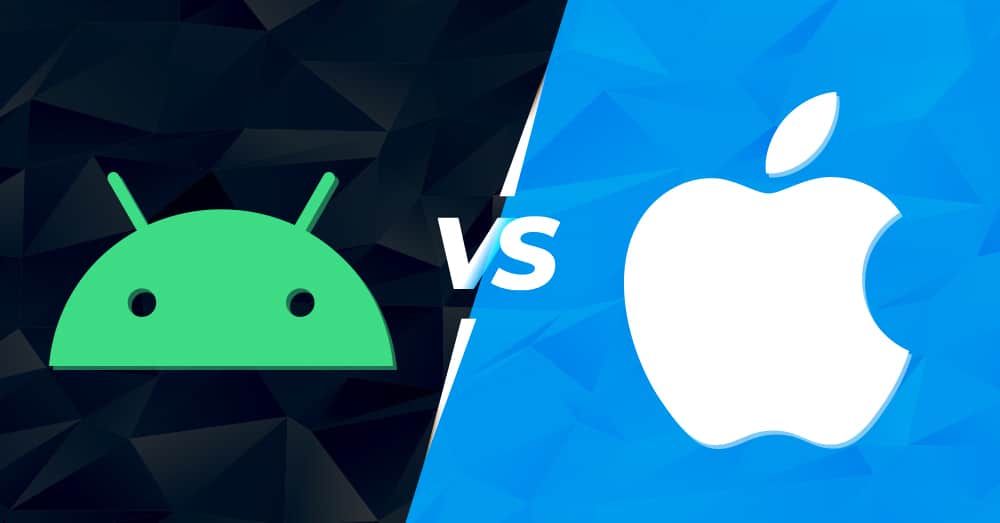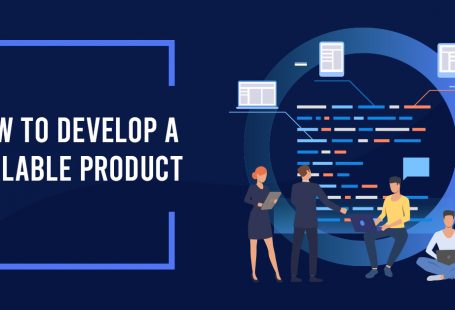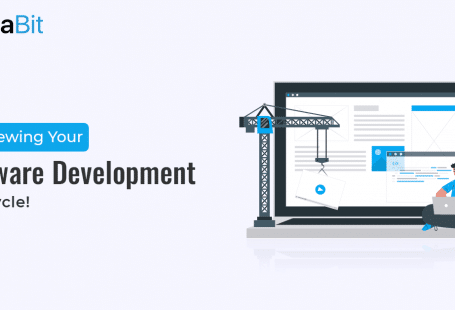“Choices are the hinges of destiny.” —Edwin Markham (American Poet)
Any choices they make will hold an important place in their business future in an entrepreneur’s life. And often, product owners are figuring out ways to choose- practices that will generate better audience reach for their business, which will allow users to directly connect with their companies and methods that will make sure their users stay.
Can you think of anything that fits in all the criteria?
We’ll tell you what, a simple way to reach more audience, get their attention, and retain their interest by developing a mobile application.
Since mobile phones are deeply penetrated people’s lives, it is smart to take the most “in-demand” medium to reach your target audience.
As the quote states, what you choose right now will be your business’s driving force; therefore, it will determine the destiny you are yourself writing for your brand.
When you formulate your thought of developing a mobile application and let your users reach you anytime, anywhere, online or offline.
The next step is to figure out which platform to build it on.
Analyzing the market share, only two platforms are known to rule the app development industry, i.e., Android and iOS.
The stats shared by idc.com for the market share of existing operating systems in 2019 states that Android OS holds a whopping share of 86.1%, and iOS accounts for the rest of 13.9%. Therefore, it is safe to say that app development is officially a two-player game in this business of app development.

Now comes the core of this write-up:
How should you decide if it’s better to invest in Android or iOS?
What aspects should be taken care of?
How to make sure the OS you choose is the same your users use?
If you are bewildered due to these questions, we plan to solve it once and for all.
This write-up will demolish all your confusion regarding choosing one of the platforms. We’ll provide you with 5 of the differences a developer would tell you when faced with such a dilemma.
By the end of this article, you’ll be able to choose and opt for services from either an iOS app development agency or an Android app development company.
So, let’s start!
The Core difference between Android and iOS development concepts
Let’s start with understanding the fundamental ideals embedded in the Android and iOS operating systems’ functionality by the creators of both. This will help us determine the ground rules, which can help you choose your project’s most suitable one.
Let’s begin with the constructive analysis of the core difference between Android and iOS app development.
Fundamentals of Android

Google currently owns Android. On its launch, it posed itself as a budget-friendly and easily accessible option for mobile devices in comparison to iOS. The successful release of a version capable of giving a tough competition to the iOS came into existence in 2009 and was backed by giants such as Motorola, HTC, and Samsung.
Linux core is the base of Android, which is a complete implementation of open-source software. Google allows one to update their software and even create one’s own operating system with its help.
The mobile devices using Android OS are considered a budget-friendly alternative to iOS mobile devices by many users. Clearly, the budget aspect holds a vital position when comparing the popularity of both the platforms, which can be determined by analyzing the sales numbers.
Evidently, Android has been the undefeated leader in this comparison of Android vs. iOS for more than eight years now. Therefore, it’s smart to hire an android app development company to develop their mobile apps and get their hands dirty on an excellent platform.
Fundamentals of iOS

Apple aims to exercise total control over the source code of all its software. Currently, developers who are not working with Apple can only access partial components of the platform. Steve Jobs was the pioneer of this setup and the authoritative stance of the company. Apple’s mastermind often criticized Android’s open-source nature and opted for the strategy precisely opposite to it.
The iOS operating system is entirely based on the Darwin and Mach microkernel system. It fully corresponds with the specifications of UNIX SUSv3. However, the openness of codes possessed by iOS is not influenced in any way.
How is it advantageous?
It offers the owner absolute control over the results obtained by full-time and part-time programmers working to deliver new products for the company.
Many companies prefer to obtain services from an iOS app development agency to develop an appropriate app in all scenarios.
This is the fundamental difference between Android and iOS. Now that we have understood the idea and strategy behind each platform’s launch, we can go into a more detailed classification of various other elements of Android and iOS.
Five technical distinctions between iOS and Android
Let’s examine the “must-know” differences between iOS and Android Apps (from a developer’s perspective):
- Coding Language
The fundamental language used in Android app development is popular Java. In comparison, Objective-C or Swift is used to develop an iOS application. Irrespective of what language you select, the robust community base backing both the platforms will prove to benefit you. In case you encounter any issue while developing any of the applications, it is definite that you’ll find a solution on the web.
It is notable that you can only develop an iOS application on an Apple device; this may limit the possibilities of hiring novice developers for your project.
- Applied IDEs
Both platforms utilize multiple tools to carry out app development (IDE). Google, the official owner of Android, introduced a powerful IDE known as Android Studio. The platform made a switch from Eclipse ATD that used Java, C++, and C. The shift made it possible to boost the process of app development for Android.
Contradictorily, Apple’s consistency is better in this term, since developers have been using Xcode for quite a long time now. New versions of iOS are released every now and then with the latest supporting Swift (One of the most brilliant programming languages for iOS).
- Popularity
As pointed above, the statistics indicate that Android’s global popularity is much higher than iOS. Android accounts for 86.1% of the market share, while iOS accounts for the rest of it. The popularity is crystal clear,
The global demand for Android is much higher than the demand for iOS (except for the US).
Such statistics significantly affect the choice of an entrepreneur while choosing to pick up one of the platforms.
- Design Psychology
Both iOS and Android vary in terms of design significantly. In particular, we can notice that the general features of iOS applications are the minimalist pictograms, buttons, and icons with a straightforward design.
Android web developers take their inspiration from a near-identical material design idea. Therefore, the absence of massive icons, grotesque, and lines is similar for iOS and Android. Furthermore, Android allows a developer to integrate a sensory panel to the device (excluding the integration of a physical button); this can be noticed by assessing Android’s recent versions.
There are also some dissimilarities in both platforms’ multi-task panels; while Android allows the interchangeable tabs to fit the entire screen, iOS provides individual miniature windows.
Each platform also varies in terms of button designs, while iOS has a simple, high ion aesthetic, modern button design, Android has floating buttons.
The same rule applies to icons as well: iOS creators prefer keeping the lines used in icons as thinnest as possible, while Android prefers the opposite of it.
- Updating Online Mediums
The entire process of updating applications that are already present in the App store is yet another time-consuming task, which requires a waiting period of at least two weeks. This alone can tamper with your brand’s timeline and the plans you have made for launching your product to the audience.
Well, multiple frameworks will allow a developer to update their application while bypassing Apple’s policies.
But what about Android? If you need to update an Android app, you can simply update the software every two hours. Therefore, all you need to do is gather the right team of testers as well as developers. If you can do that, Android rules will fit better with your objectives.
Conclusion
Both Android, as well as iOS applications, vary in terms of many aspects, be it design, navigation, or development. Whether you would like to develop an iOS app or an Android app entirely depends on what you expect.
If you aim to target a massive number of audience, then your choice should be Android. However, if you desire to target an “elite” loyal audience, iOS is the right option.
The choice will also depend on geographical factors. Suppose you are developing an application for the US-based audience. In that case, no matter how many people you aim to target, Android can never be the right option, since most people prefer using Apple devices.
Therefore, apart from basing your judgment on both the platforms’ differences, try analyzing the market, your competitors, and your target audience’s choice first.








